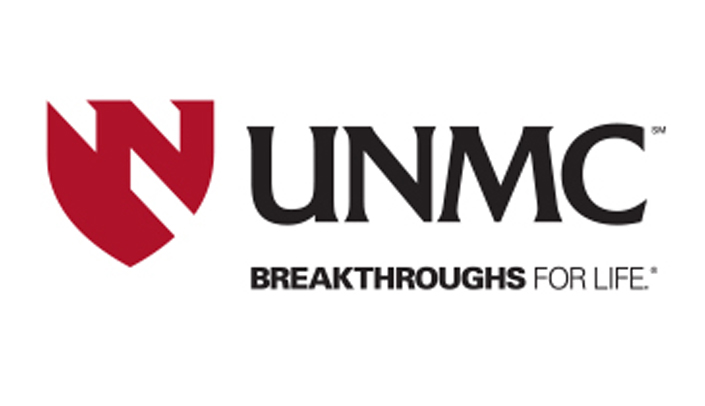UNeTech, a new UNMC and University of Nebraska at Omaha institute, is working with its first start-up companies to advance health care inventions that will benefit patients and the university.
UNeTech is designed to identify promising start-up companies and help them become successful.
“We’re trying to create products people really need to improve access to health care and contribute to financial benefit for the university as well,” said Joe Runge, J.D., associate director of UNeTech who also works for UNeMed. “UNeTech benefits UNMC by exposing our faculty to a whole different type of research that helps start-ups answer questions and problems.”
Runge said UNeTech is not a venture capital fund, but a cluster of expertise, especially in the health care field.
“We curate a very particular set of clinicians and researchers to help start-ups problems, which is the chief value of an incubator. We combine lessons as well as what is unique to Omaha and especially to Nebraska which will make us successful and special,” he said.
He said some of UNeTech’s broad mandate is leveraging relationships to find opportunities of value to advance technology from a start-up. “We look at it as an investment and what we expect the return to be – using the same analysis an investment co would use.”
Over time, the building could accommodate as many as 10-12 start-up companies.
The three companies are:
Future Assure – Built around the research of Jason Johanning, M.D., a UNMC vascular surgeon, Future Assure uses new devices and software to assess patient frailty. Research has shown frailty is an effective way to assess likely outcomes of surgery. FutureAssure combines the best available methods to assess frailty with new medical instrument. Their approach captures and assess the information automatically which saves time and money.
Avert – Developed by community entrepreneur, a software invention by Preston Badeer began in the UNO biomechanics facility. It looks at balance to determine if someone sustained or has recovered from a concussion. Avert is looking for strategic partners to deploy its proprietary software.
Esculon – Developed by community entrepreneur Evan Luxon, Esculon is building a chest tube that doesn’t clog. After placement by a surgeon, the biggest complication of chest tubes is blockage. Esculon is making a self-irrigating chest tube that is less likely to clog.
